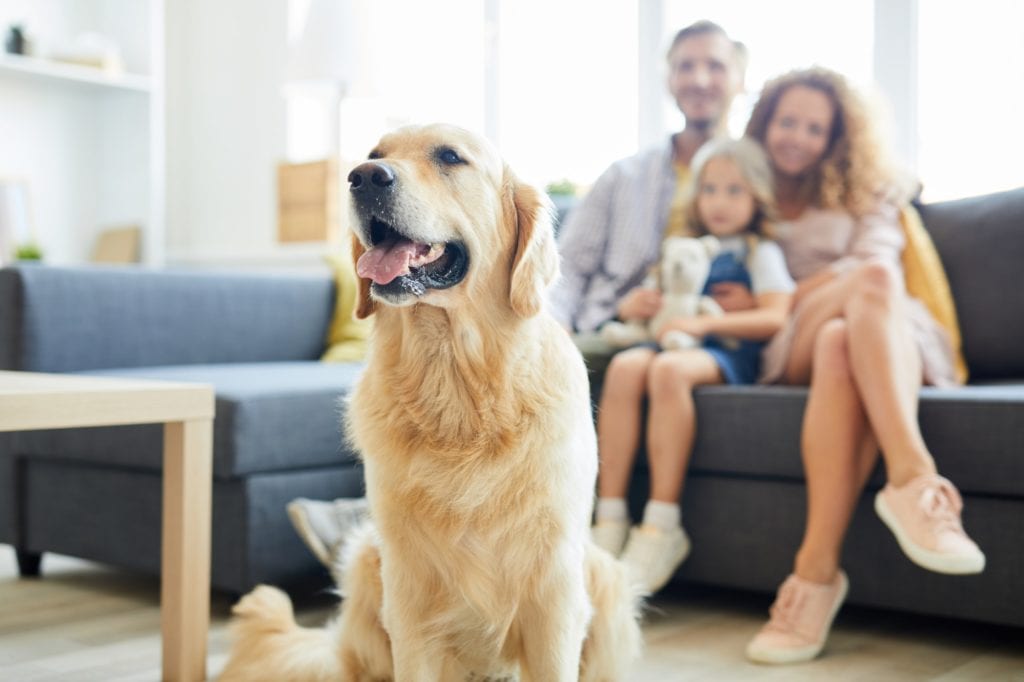Whether it’s a new puppy or your 30-year-old macaw, pets have the amazing ability to form bonds that last a lifetime. While our pets normally are in good spirits, many people feel that pets can detect when we aren’t, and that’s when they lend their best paw to cry on. From your pet’s sweet personality to their love of cuddling, pets have a way of making us feel much better. Here’s our favorite, science-based ways that pets help us emotionally.
Kids are more confident. Did you know having a pet can support a sense of stability in a busy home? A study from Applied Developmental Science found that animal ownership is related to increased levels of confidence. Pets can also teach children and young adults responsibility, as pets need a lot of love and care in and out of the home.
Pets help us make friends. An analysis of over 147 studies found that people with strong social networks are more likely to live longer. This, coupled with the PLos One Paper’s suggestion that pet ownership increases friendship, presents a strong case for your pet opening social doors left and right. This study didn’t just mean dogs, either: cats, rabbits, and even snakes can be catalysts for finding friends and social support.
Even a look helps. Ever stared into your pet’s eyes and felt happier? According to a study published by Science Magazine, a long look into a dog’s eyes produced higher levels of oxytocin in both the owner and the dog. This means that eye contact can help further cement the human-animal bond. However, if your pet happens to be a gecko, you probably won’t win this staring contest.
Pets combat depression. While dogs are constantly encouraging their owners for a walk or a trip outside, pets support other activities that fight against depression. According to the Mental Health Foundation, pets help their owners feel relaxed in quiet moments and can promote a sense of purpose and achievement throughout the day as owners interact and provide care for their pet.
Paws fight the blues of adulthood. While many families consider getting a pet, pets can be especially beneficial for those who live alone. This can be true for older people, people dealing with loss, or those who have been on their own for much of their life. A pet provides companionship and is reported to be a stress buffer for those anxious about adverse events in a person’s life, according to the Mental Health Foundation. Additionally, many diseases such as Alzheimer’s has been affected by pet presence, with less anxious outbursts.

